SUMMARY
This is AI generated summarization, which may have errors. For context, always refer to the full article.
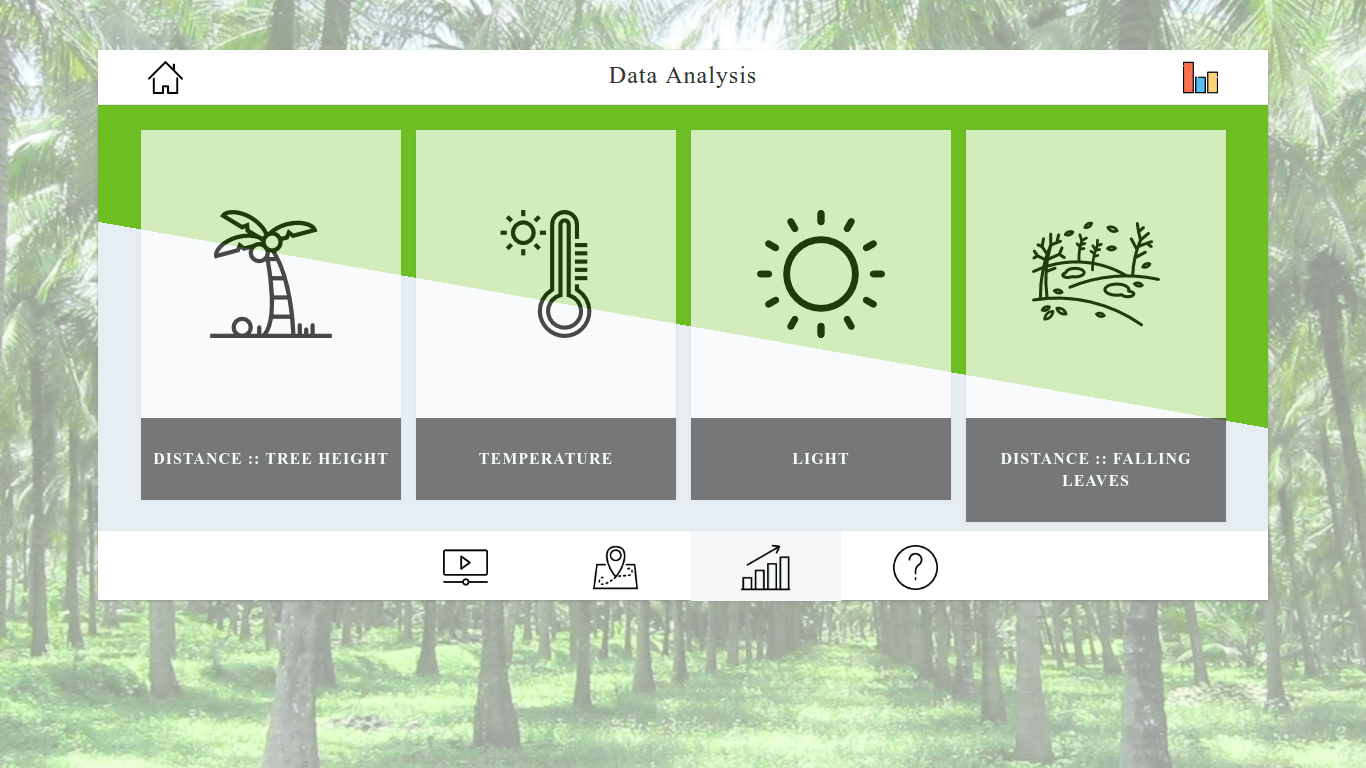
MANILA, Philippines – In 2014, coconut scale insect infestation became a huge problem among coconut farmers in Calabarzon (Region 4A). Colloquially known as “cocolisap” or aspidiotus detructor, scientifically, the insect is an ordinary sight for those in the coconut business. In great numbers, however, they could prove disastrous. Losses of up to P186 million a year were estimated then.
Since then, farmers and researchers alike have been hard at work in counteracting the problem.
This motivated a group of students from the Polytechnic University of the Philippines (PUP) to create an app that combines data science, hardware, and artificial intelligence (AI) to detect early signs of coconut tree sickness. With AI, Kreate wants to build a solution that can warn and notify farmers of the early stages of coconut tree sickness so they can prevent its further spread.
The app and its various hardware components are called “AgriCo.” It won first place in the programming contest “Hackzilla in Manila 2” by freelance jobs listing site Freelancer.ph, netting the team P50,000. (Read: An app called ‘Fresent’ wants to check attendance with a single photo)
How does it work?
There are numerous signs that signal that a coconut tree might be sick, said Team Kreate – signs that they are attempting to detect with a system making use of various devices.
Falling leaves is one of the early signs of sickness often observed. To detect this, they attached infrared sensors to a band that is then wrapped around the branch of a tree – similar to a belt. Being sensitive to motion, these sensors are capable of picking up the movement of the falling leaves in its surroundings and measuring their distance from the tree.
This is how the band looks like:
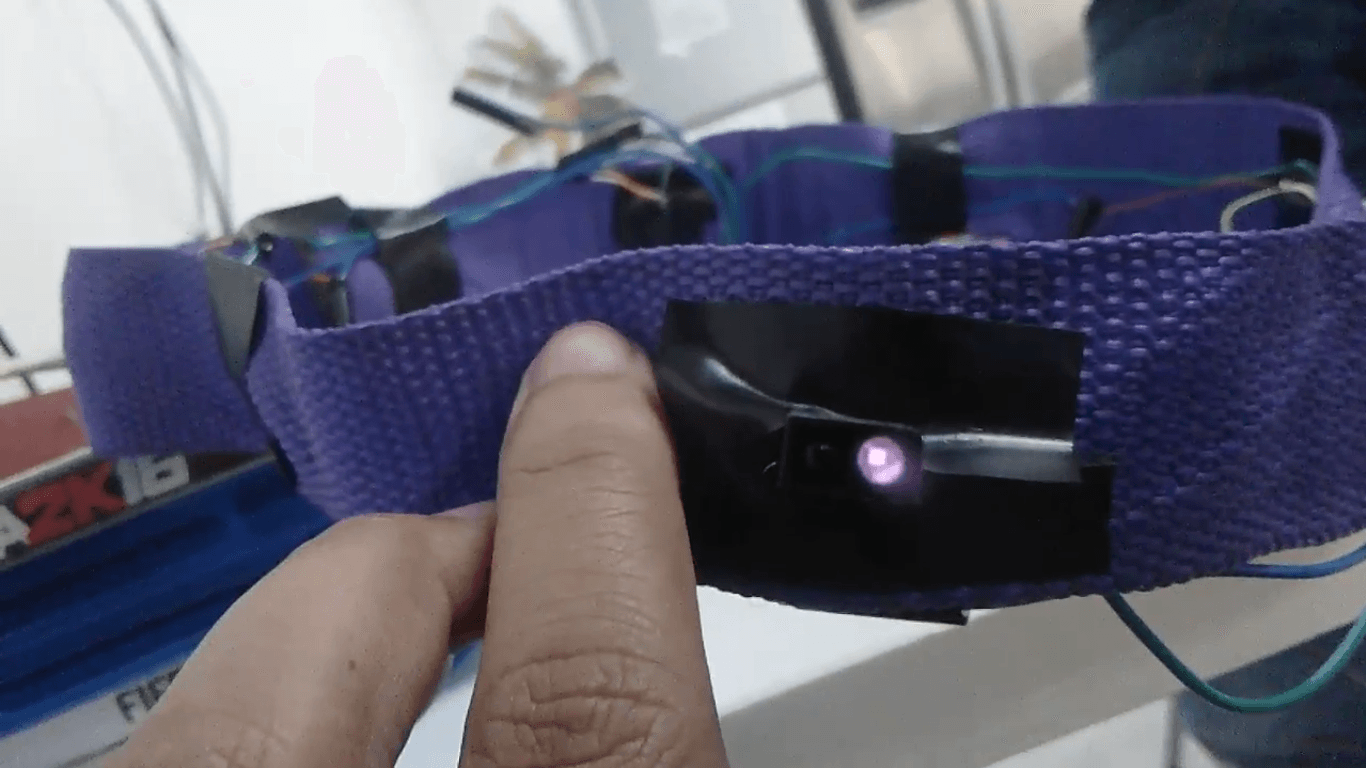
Since cocolisap have been known to flourish in the dry season, the group found it useful to have sensors that measure humidity and temperature around a specific area by the tree. These temperature-measuring sensors are placed by the trunk of the coconut tree on the ground.
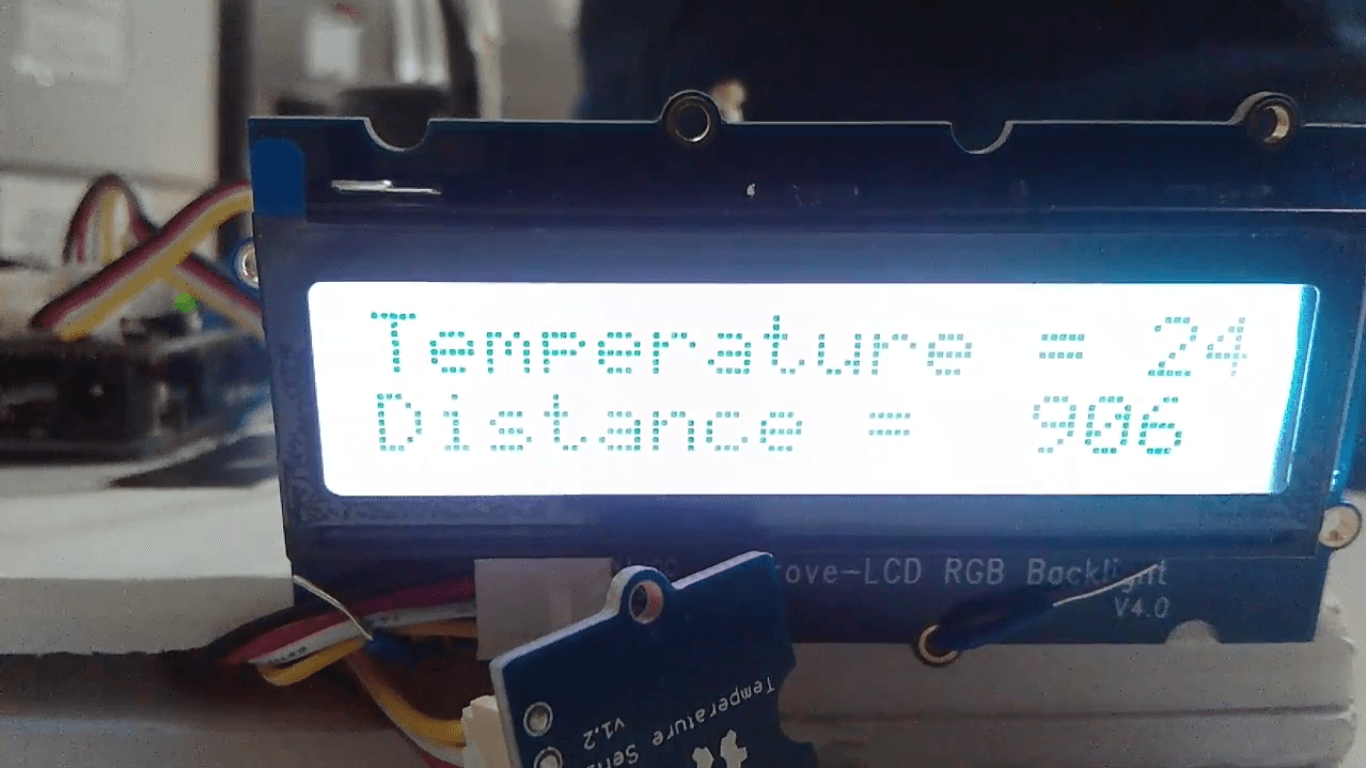
Other signs of sickness like stem bleeding and the yellowing of leaves are not as conspicuous when observing the coconut tree from ground level. This is where the drone comes in. Equipped with an AI-aided camera, their system hopes to recognize the visual signs and spot the symptoms seen in the upper bark of coconut trees. The team’s AI is being designed with a deep learning system in mind so that it can continually learn from the collected data.
All the data that the various devices gather are then sent via the internet to a web app that’s viewable through a web browser. The drone provides a live video feed of everything it picks up. Data from the sensors, on the other hand, are presented in chart and graph form generated by the app. Overall, the program appears to be a way to survey the spread of the insect in a fast, modern way. The data that the system is able to collect could also be utilized for future studies regarding the problem.
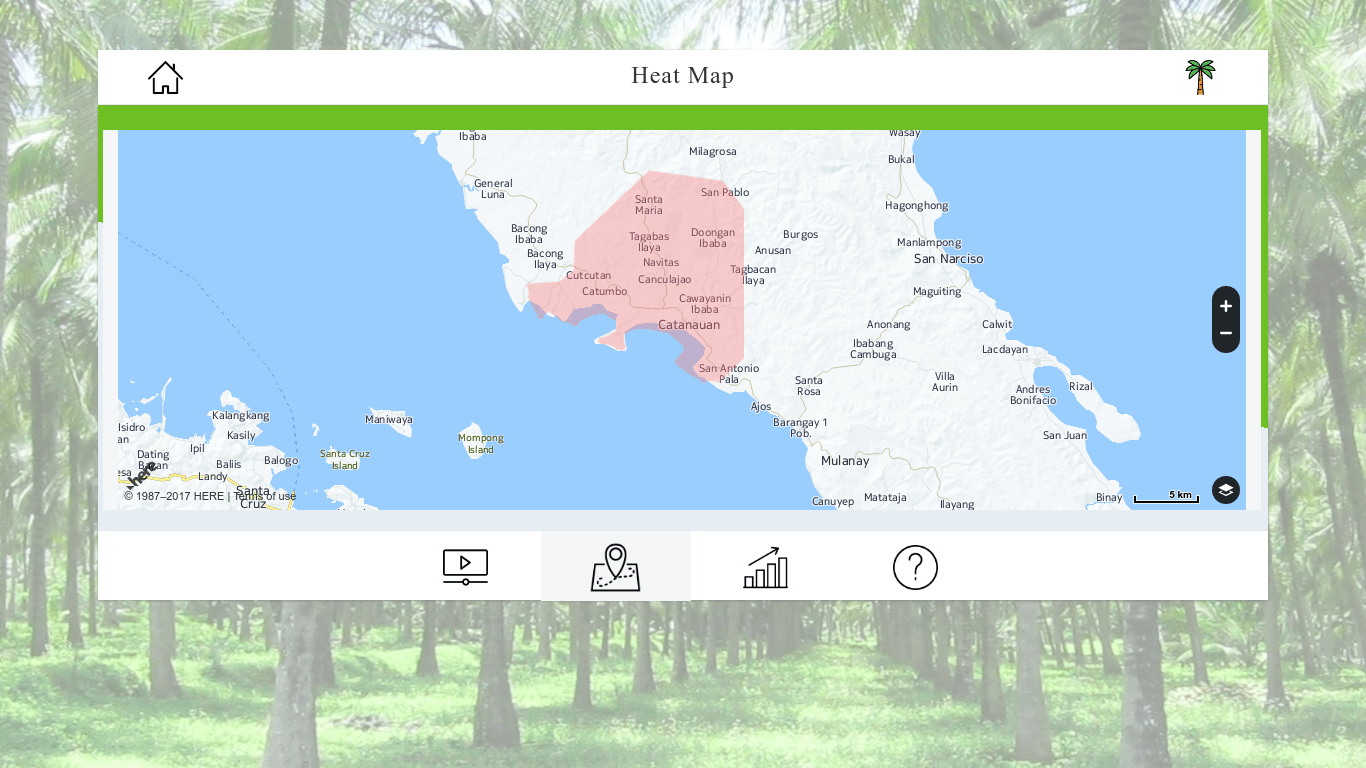
Early phase of development
As of writing, the group has yet to do a test with an actual coconut tree. Mostly working with simulated data, they are now looking to approach land owners and coconut farmers in order to perform actual tests.
All the tests with the drone were also operated manually. Their goal is to have it fly autonomously and work seamlessly with the app as they move forward with improvements. They also hope to better understand and determine the needs of land owners and other potential clients for their app.
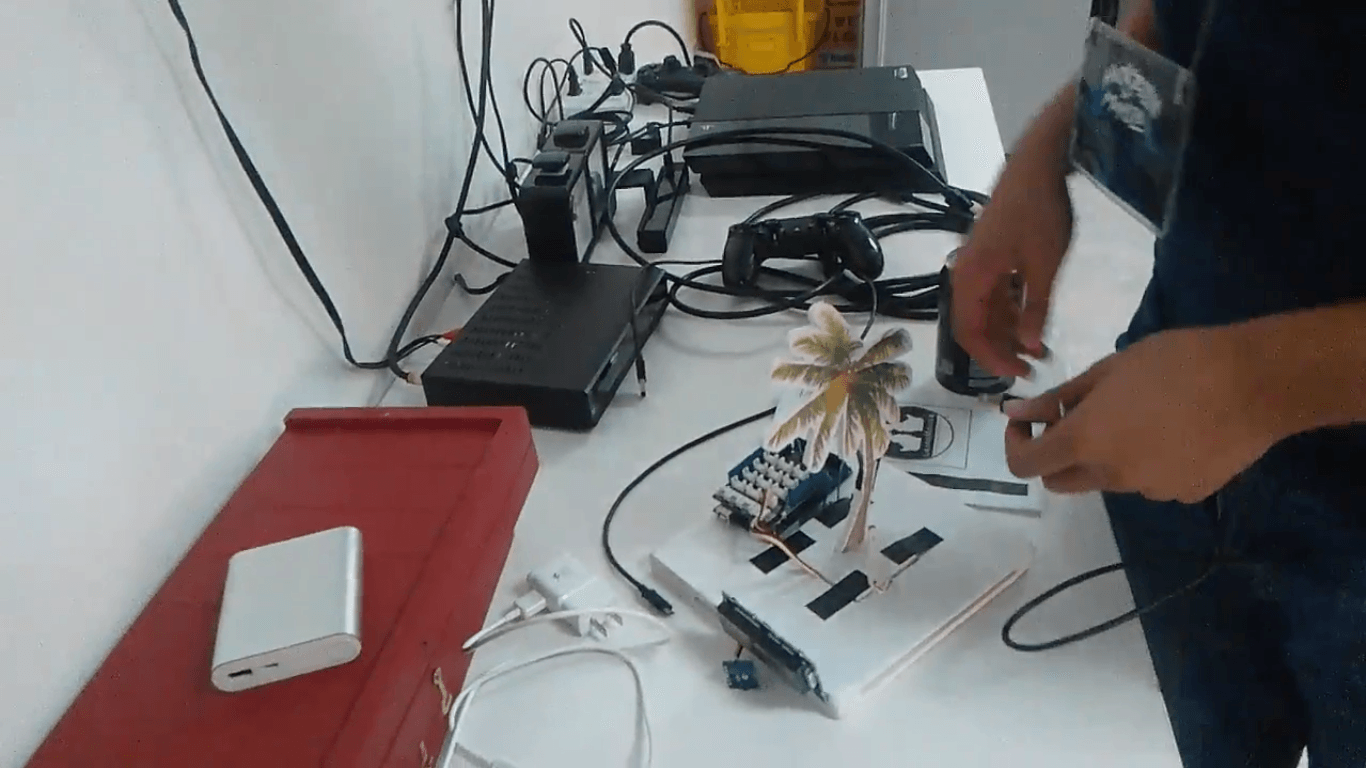
Being that there is a decent amount of hardware required for the app, the group is also in search for investors to begin the manufacturing process for the devices.
Team Kreate said they hope their app can significantly help the Philippines’ coconut industry. – Rappler.com
Kyle Chua is an aspiring filmmaker who dreams of making his own sci-fi film one day. His love for the genre has him exploring the latest developments and advancements in tech.
Add a comment
How does this make you feel?
There are no comments yet. Add your comment to start the conversation.